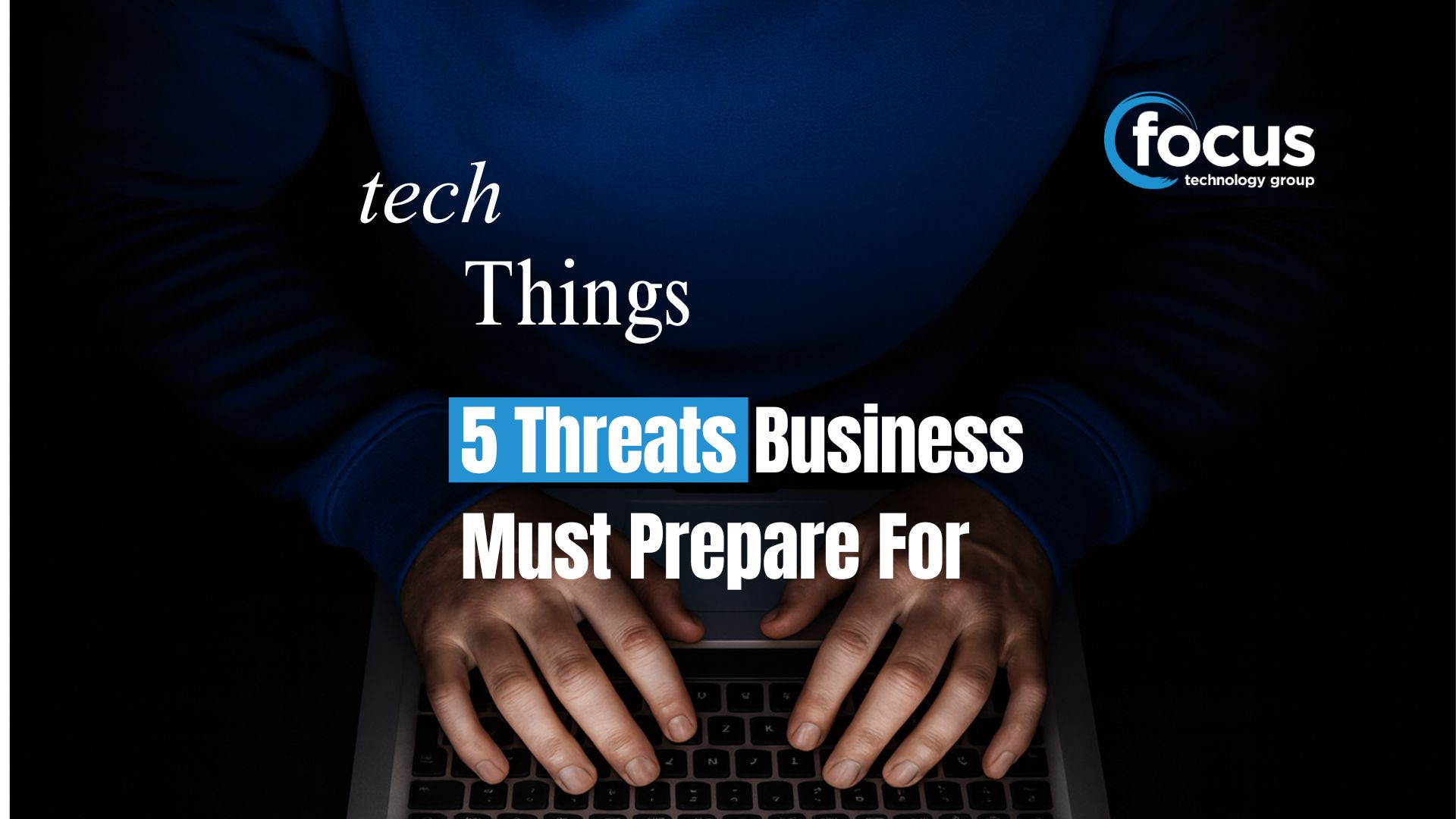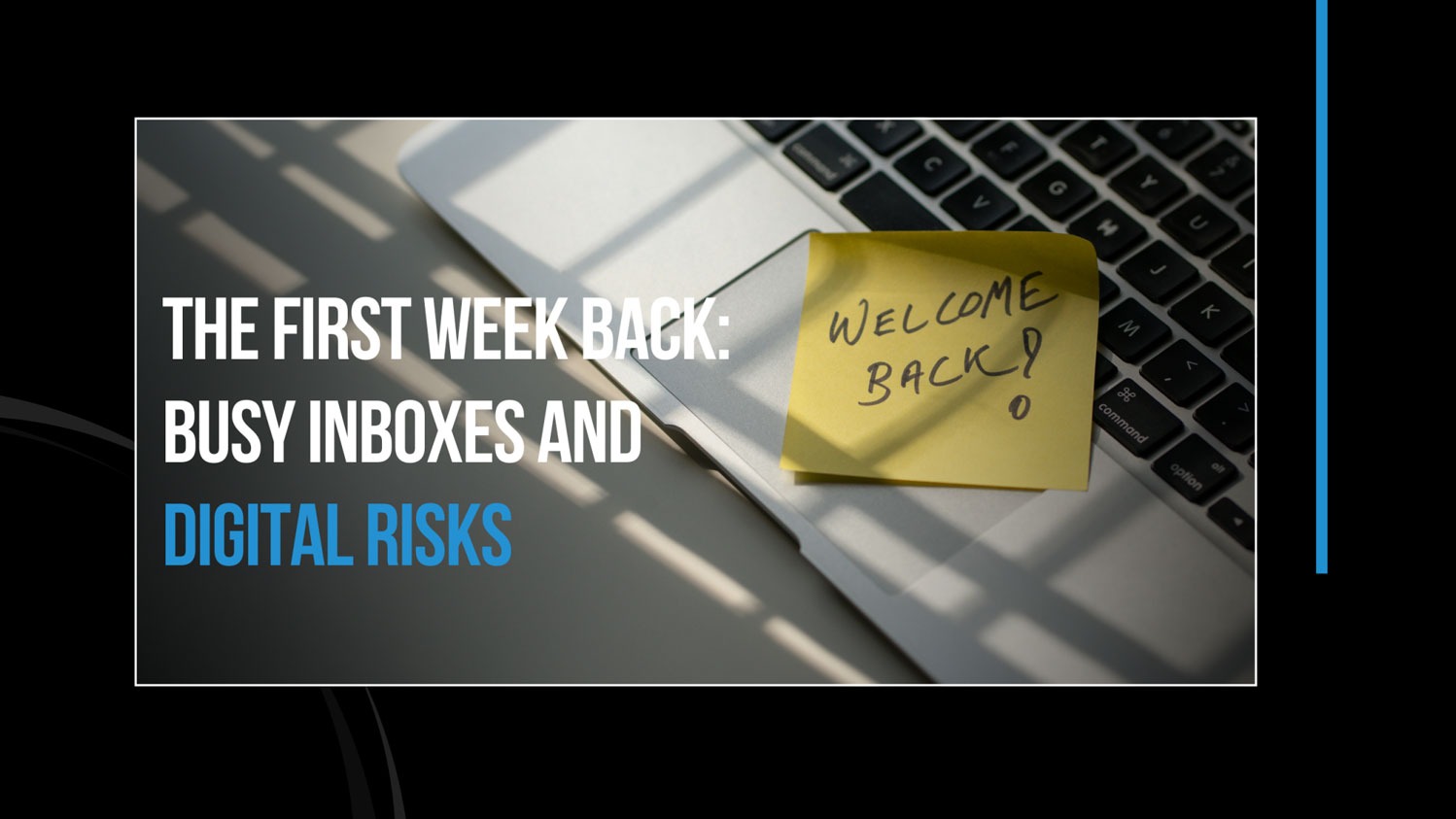Cyber Security in NZ: 5 Threats Businesses Must Prepare For
October 15, 2025

Cybersecurity in NZ has become one of the most pressing concerns for businesses of every size. Gone are the days when only large corporations were the target of online criminals. Today, small and medium-sized organisations are just as vulnerable. Whether you’re running a growing local business or managing multiple offices across the South Island, protecting your systems, staff, and data has never been more important.
The Biggest Cyber Security Threats Facing NZ Businesses
No two attacks look exactly the same, but many fall into common patterns. Understanding these risks is the first step to protecting your organisation. Here are five threats your business should be preparing for right now.
Phishing and Social Engineering
Phishing remains one of the most common ways attackers trick people into giving away sensitive information. The emails and text messages used in these scams are far more convincing than they used to be, often impersonating banks, government agencies, or even senior staff within your business.
Clicking a single link can compromise passwords, customer data, or even open the door to a full-scale breach. Training your staff to spot suspicious messages and putting strong security protocols in place can dramatically reduce your risk.
Ransomware
Ransomware attacks have surged in recent years across New Zealand. In these cases, malicious software encrypts your files and demands payment to restore them. Paying the ransom is risky; there’s no guarantee your data will be returned, and your systems may still be compromised.
The best defence is prevention: maintaining secure backups, keeping systems patched, and having a rapid response plan in place. Businesses that regularly test their backups and recovery processes are far more likely to recover quickly, without giving in to criminal demands. A proactive approach through managed IT services can ensure these safeguards are properly implemented and monitored.
Insider Threats
Not all cybersecurity incidents come from outside your organisation. Sometimes, an employee’s mistake, like clicking a malicious link or using an unauthorised USB, can lead to a serious data breach.
While malicious insiders are rare, human error is one of the most common causes of security incidents. Regular staff training, robust access controls, and clear IT policies help minimise this risk.
Weak Passwords and Poor Access Controls
Weak or reused passwords are a cyber criminal’s dream. Many breaches can be traced back to accounts that were easy to guess or lacked extra layers of protection, like multi-factor authentication.
Every business should adopt stronger password policies, use identity management tools, and enforce “least privilege” access, where staff only have access to the systems they genuinely need. IT support teams like ours often see businesses overlook this step, only to discover the consequences too late. Modern password managers make it easier for teams to follow best practices without relying on memory or risky shortcuts.
Third-Party and Supply Chain Risks
Even if your internal systems are strong, vulnerabilities can appear through your partners, vendors, or software providers. Cyber criminals often target these third parties as a way to infiltrate businesses indirectly.
Before signing up with a new supplier, check their cybersecurity standards. Include security expectations in your contracts and regularly review the performance of your technology partners. Cloud services, when managed securely, can also help reduce risk by providing reliable, centralised systems with built-in protections.
Taking a Proactive Approach
The reality is that responding after an attack is always more costly and disruptive than preparing in advance. Businesses are realising that cybersecurity isn’t just about having antivirus software; it’s about building a proactive strategy that evolves with the threats. Managed IT services and expert support give your organisation the resilience to withstand whatever comes its way.
Stay ahead of cyber threats. Get in touch with our team today and take the first step towards protecting your business.



